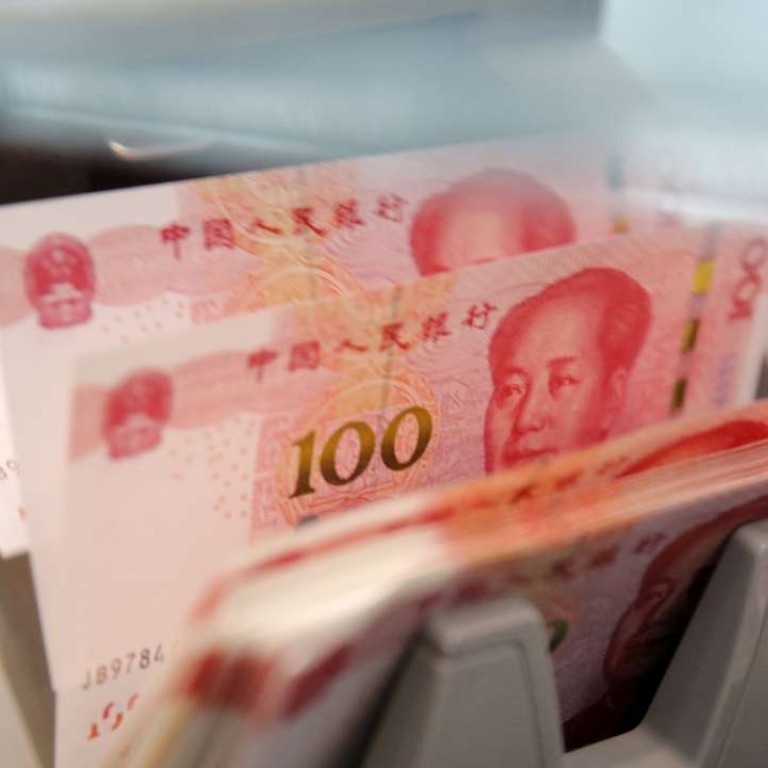
Offshore yuan rebounds after hitting record low after Trump victory
The Chinese yuan rebounded on Thursday morning after hitting a record low overnight when the US dollar shrugged off fears that had plagued markets ahead of Donald Trump’s victory in the presidential election.
Offshore yuan traded in Hong Kong had clawed back 0.3 per cent to 6.8137 against the dollar as of 10.05am Thursday morning, after slumping more than 400 basis points overnight to hit 6.8384, a breach of the critical 6.8 level. It was the lowest level since the offshore yuan started trading six years ago.
Prior to that, the offshore yuan had strengthened briefly as the greenback was dragged down by the shock of an unexpected election victory of Donald Trump.
In contrast, the onshore yuan traded in Shanghai continued to weaken in the morning, sliding 0.28 per cent to 6.7919 per dollar.
The People’s Bank of China weakened the reference rate for a fifth consecutive day, cutting it by 53 basis point to 6.7832. The yuan is allowed to trade 2 per cent either side of the reference rate.
The US Dollar Index, a gauge of the strength of the greenback against a basket of major currencies, closed 0.8 per cent higher at 98.66 on Wednesday after touching a low of 95.88 immediately after the unexpected result of the US presidential election. The index was 0.2 per cent lower at 98.58 in Asian morning trading on Thursday.
The yuan is expected to remain under pressure as the US dollar enjoys support with Donald Trump as the president-elect.
Proposed tax reforms under the Republican administration should result in “massive repatriated offshore funds” which “would, at minimum, support the US dollar on the margin, but would more likely provide a significant US dollar boost in concert with supportive interest rate differential provided the Federal Reserve,” said Stephen Innes, senior trader at OANDA.
It is widely believed that the recent sharp depreciation of the yuan is attributable to the strengthening cycle of the US dollar, with a potential interest rate hike by the Federal Reserve expected next month.
“The move above 6.80 for the yuan was a reflection of the broader US dollar rally, but to a degree, factored a level of uncertainty over global trade,” said Innes.
Innes expects further weakness in the yuan and other regional currencies in the short term, especially tied closely to US trade, such as yuan, the South Korean won and the Taiwan dollar.
